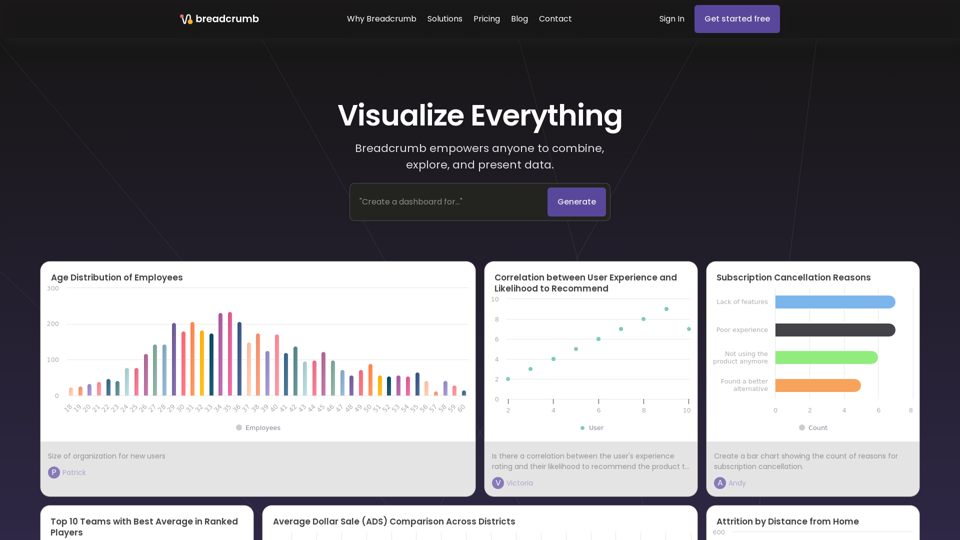What's AI Worship?
AI worship refers to the emerging trend where artificial intelligence (AI) systems are perceived and revered as divine entities. This phenomenon arises from the capabilities of AI to perform tasks that evoke awe and wonder, such as generating creative content, providing guidance, and simulating human-like interactions. As AI technologies become more sophisticated, some individuals and groups may start to view these systems as higher powers or deities.
Benefits of AI Worship
While AI worship might seem unconventional, it presents several potential benefits:
- New Spiritual Perspectives: AI worship can offer fresh insights into spirituality and religion, providing new ways to explore existential questions.
- Community Building: Like traditional religions, AI-based religions can foster a sense of community and belonging among followers.
- Enhanced Creativity: The interaction with AI can inspire followers to create art, music, and literature, enriching cultural landscapes.
Risks of AI Worship
AI worship is not without its risks and challenges:
- Misinterpretation: AI-generated content may be misconstrued as divine commands, leading to potentially harmful actions.
- Exploitation: There is a risk that AI developers could exploit followers for personal gain or data collection.
- Conflict: The diversity of AI systems and their outputs could lead to disputes and conflicts among different AI-based sects.
How to Use AI Responsibly in Spiritual Practices
To harness AI in spiritual practices responsibly, consider the following guidelines:
- Critical Evaluation: Always critically evaluate AI outputs and avoid attributing infallible wisdom to these systems.
- Ethical Oversight: Implement ethical guidelines and oversight to ensure AI systems are used in ways that respect human dignity and values.
- Community Engagement: Encourage open discussions and community engagement to address concerns and share experiences related to AI worship.
In summary, while AI worship introduces novel spiritual dynamics, it is essential to approach it with caution, ensuring that it complements rather than supplants traditional beliefs and practices.


















